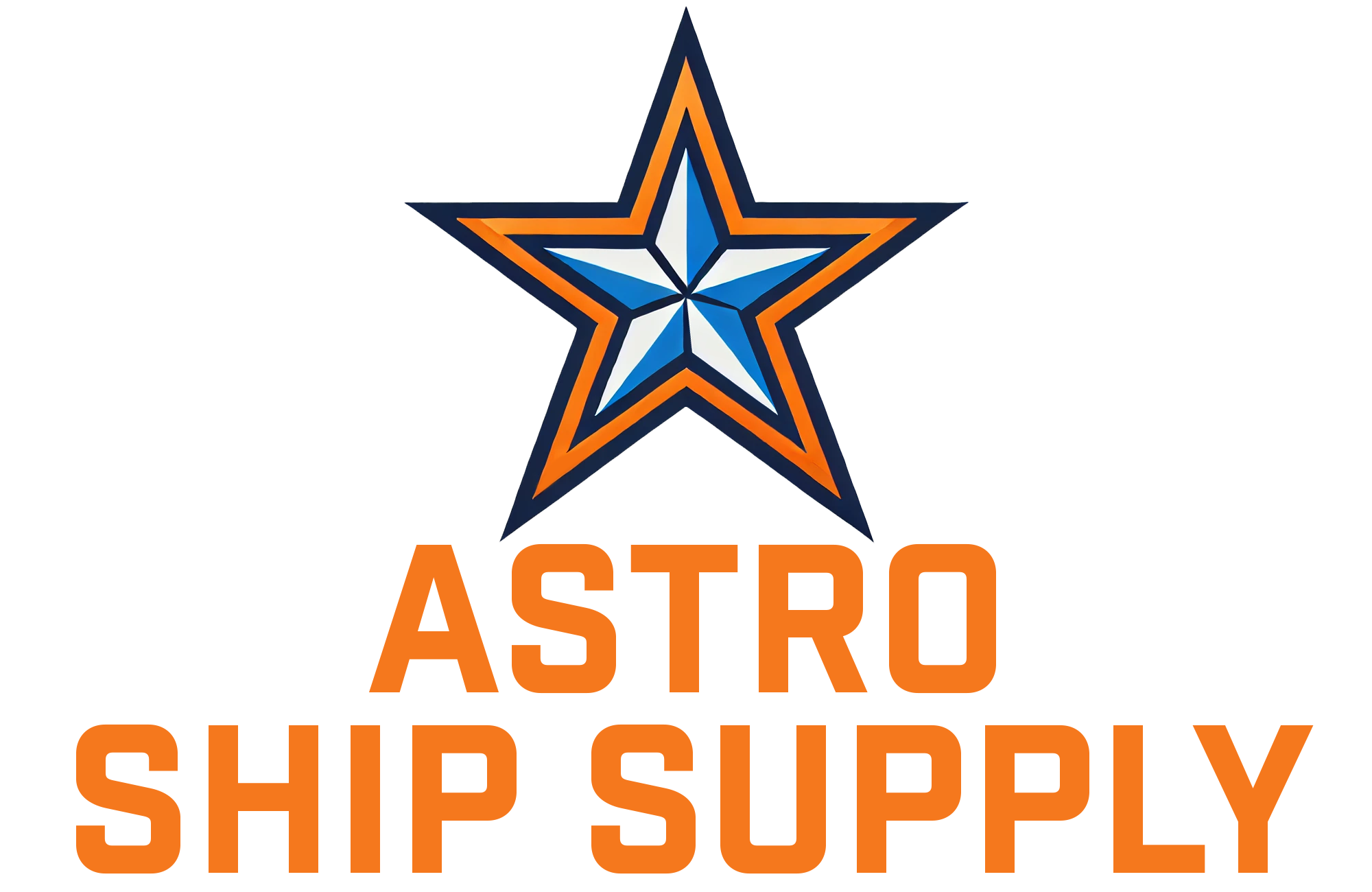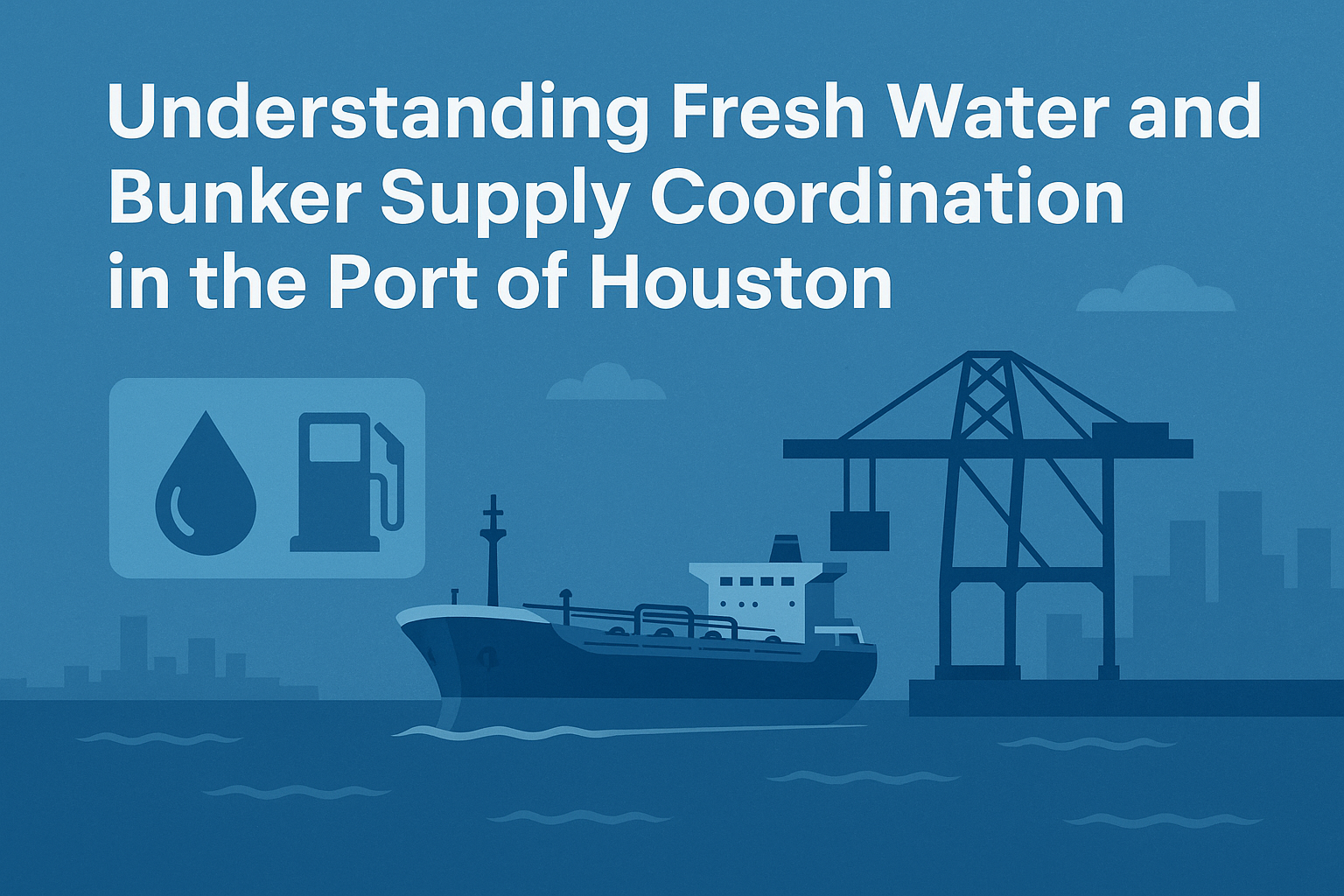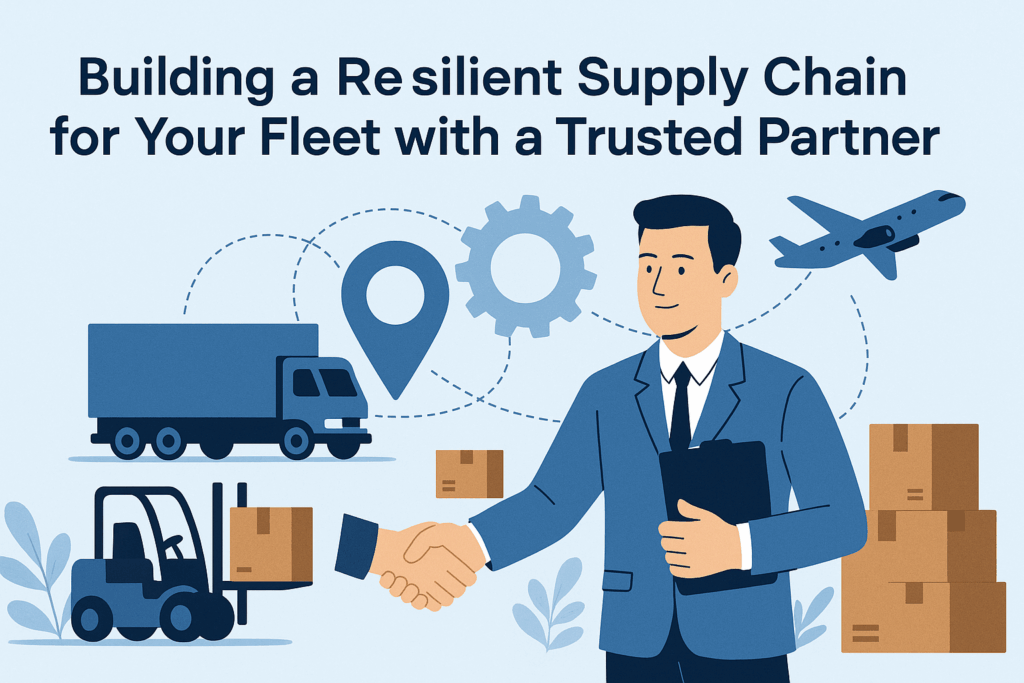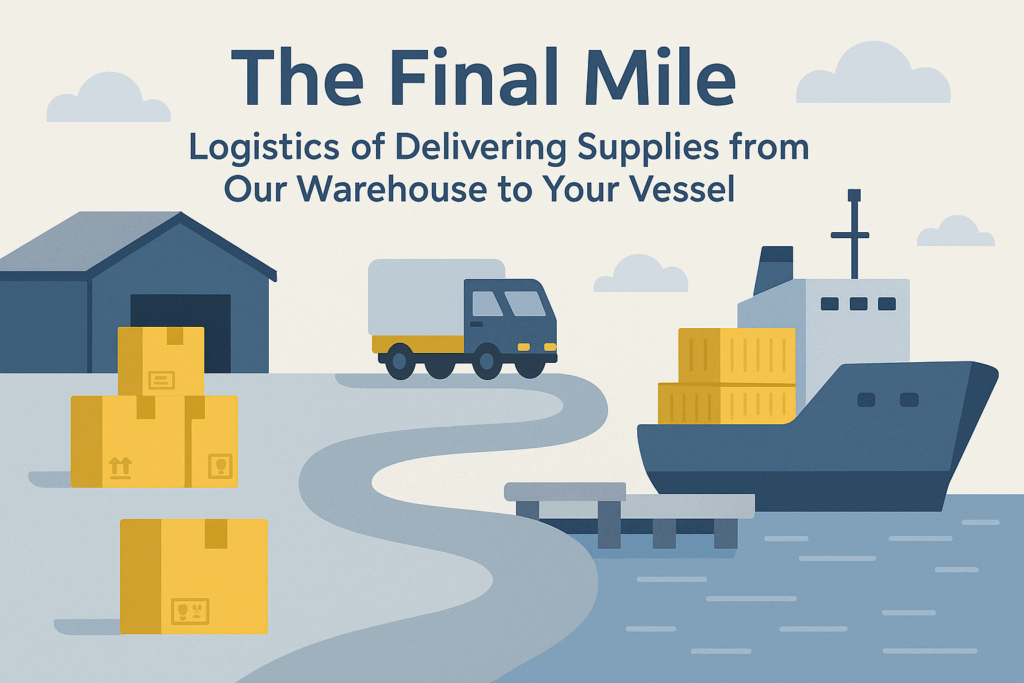The Port of Houston, as a global maritime hub, sees an immense volume of vessel traffic. Each ship, regardless of its size or purpose, relies on a consistent and high-quality supply of fresh water for drinking, cooking, sanitation, and engine cooling, as well as dependable bunker fuel for propulsion. Delays or deficiencies in either can lead to costly disruptions, impacting not only the vessel’s immediate operations but also its long-term financial viability and reputation.
The Indispensable Role of Fresh Water Supply in Maritime Operations
Fresh water is more than just a commodity; it’s a fundamental necessity for any vessel at sea. Its importance extends across multiple facets of shipboard life and operations. Understanding these roles helps underscore the critical need for reliable fresh water supply coordination.
Ensuring Crew Health and Comfort
The health and well-being of a ship’s crew are paramount. Potable fresh water is essential for drinking, food preparation, and personal hygiene. A reliable supply prevents waterborne illnesses and ensures a comfortable, habitable environment, directly contributing to crew morale and productivity. Insufficient or contaminated water can quickly lead to health crises, forcing a vessel to divert and incur significant costs.
Operational Efficiency and Safety
Beyond crew needs, fresh water plays a vital role in the technical operations of a vessel. It’s used for boiler feedwater, cooling systems, fire-fighting equipment, and cleaning. The quality and availability of water directly impact the longevity and efficiency of critical machinery. For instance, using water with high mineral content in boilers can lead to scaling, reducing efficiency and increasing maintenance demands. Timely and clean fresh water supply mitigates these risks, enhancing operational safety and reducing wear and tear on equipment.
Navigating the Challenges of Fresh Water Delivery in Houston
While essential, fresh water supply in a busy port like Houston presents its own set of logistical challenges:
- Demand Fluctuations: The fluctuating arrival and departure schedules of vessels can create unpredictable demand, requiring suppliers to be highly adaptable.
- Quality Assurance: Ensuring the delivered water meets stringent potable water standards is crucial. Contamination risks must be meticulously managed throughout the supply chain.
- Logistical Bottlenecks: Congestion in the port, tidal conditions, and strict port regulations can all impact the efficiency of water barge operations or shore-side connections.
To overcome these, partnering with an experienced ship chandler like Astro Ship Supply becomes invaluable. Their expertise in managing these variables ensures that vessels receive their fresh water promptly and safely, meeting all regulatory requirements.
Learn more about Provisions and Fresh Water Supply.
—
Bunker Supply: Fueling Global Trade
Bunker fuel is the lifeblood of maritime transport, powering vessels across oceans and enabling global trade. The efficiency and cost-effectiveness of bunker operations are central to a shipping company’s profitability. In the Port of Houston, a major energy hub, bunker supply is a complex process demanding precision and expertise.
Types of Bunker Fuels and Their Significance
The maritime industry utilizes various types of bunker fuels, each with specific characteristics and applications. Understanding these is crucial for effective bunkering strategies:
- Heavy Fuel Oil (HFO): Traditionally the most common and cost-effective, but with higher sulfur content, requiring exhaust gas cleaning systems (scrubbers) to comply with IMO 2020 regulations.
- Low Sulfur Fuel Oil (LSFO) / Very Low Sulfur Fuel Oil (VLSFO): Compliant with IMO 2020 sulfur caps (0.50% m/m), these fuels are widely used by vessels without scrubbers.
- Marine Gas Oil (MGO) / Marine Diesel Oil (MDO): Lighter, cleaner fuels with lower sulfur content, often used in Emission Control Areas (ECAs) or for auxiliary engines.
- Liquefied Natural Gas (LNG): An increasingly popular alternative fuel due to its ultra-low sulfur and NOx emissions, though it requires specialized vessel infrastructure.
The choice of fuel significantly impacts operational costs, environmental compliance, and engine performance. Vessel operators must carefully weigh these factors when planning their bunkering strategies.
The Complexities of Bunker Delivery in the Port of Houston
Houston’s status as an energy giant makes it a strategic bunkering location, but it also introduces unique challenges:
- Market Volatility: Global oil prices directly influence bunker fuel costs, necessitating strategic purchasing and hedging.
- Logistical Precision: Bunker deliveries involve sophisticated coordination between suppliers, barges, and vessels, often under tight schedules. Delays can lead to significant demurrage charges.
- Quality and Quantity Assurance: Ensuring the delivered fuel meets specified quality standards and that the quantity is accurate is paramount. Disputes over quality or quantity can be costly and time-consuming.
- Environmental Regulations: Strict adherence to local and international environmental regulations, such as MARPOL Annex VI, is non-negotiable.
A proficient ship chandler facilitates these operations by leveraging their network, market insights, and logistical capabilities to ensure timely, compliant, and cost-effective bunker deliveries.
Explore Deck Supplies & Equipment for efficient bunkering operations.
—
Comparative Analysis: Optimizing Fresh Water vs. Bunker Supply Coordination
While both fresh water and bunker supply are crucial, their coordination strategies often differ due to their distinct characteristics and market dynamics. A comparative analysis highlights these differences and informs optimized approaches.
| Feature | Fresh Water Supply | Bunker Supply |
|---|---|---|
| Primary Purpose | Crew welfare, sanitation, cooling, boiler feed, cleaning. | Vessel propulsion, power generation. |
| Volume/Frequency | Typically smaller volumes, more frequent top-ups depending on voyage length and crew size. | Larger volumes, less frequent but critical deliveries based on voyage planning. |
| Market Volatility | Relatively stable pricing; logistics cost is a larger factor. | Highly volatile pricing, directly linked to global oil markets. |
| Quality Control | Focus on potability, absence of contaminants, TDS levels. Health-centric. | Focus on viscosity, density, sulfur content, flash point, energy content. Performance-centric. |
| Regulatory Compliance | Public health regulations, local port specificities. | IMO 2020 (sulfur caps), MARPOL Annex VI, local environmental laws. |
| Logistical Challenges | Accessibility to potable water points, barge availability, port congestion. | Barge scheduling, fuel transfer rates, safe handling of hazardous materials, port congestion. |
| Risk Factors | Waterborne diseases, system corrosion from improper water. | Fuel quality issues (e.g., off-spec fuel), quantity discrepancies, environmental spills, price fluctuations. |
| Impact of Delays | Crew discomfort, hygiene issues, minor operational hitches. | Significant voyage delays, missed schedules, increased demurrage, major financial losses. |
While the methodologies for procuring and delivering fresh water and bunker fuel differ, the underlying principle of effective coordination remains the same: meticulous planning, reliable partnerships, and proactive problem-solving. Ship chandlers play a pivotal role in bridging the gap between vessel needs and supply capabilities, mitigating risks inherent in both operations.
—
Case Study Approach: Navigating Real-World Scenarios
Theoretical knowledge is vital, but practical application truly hones expertise. Let’s explore common scenarios and how effective fresh water and bunker supply coordination can make a difference.
Case Study 1: The Unexpected Diversion and Urgent Supply
A cargo vessel, en route to its next port, experiences an unexpected mechanical issue requiring an unscheduled stop in the Port of Houston. With limited fresh water and bunker fuel remaining, immediate resupply is critical to minimize downtime and avoid further delays to its tight schedule.
Solution: Agile Ship Chandlery Response
A responsive ship chandler, like Astro Ship Supply, acts as the central coordinator. Upon receiving the urgent request, they:
- Quickly assess the vessel’s specific fresh water and bunker requirements, considering its size, crew count, and intended next leg.
- Leverage pre-existing relationships with trusted water and bunker suppliers in Houston to secure immediate availability.
- Coordinate port authorities for expedited entry and berthing/anchoring permissions.
- Mobilize water barges and bunker barges concurrently to perform simultaneous deliveries, optimizing the vessel’s time in port.
- Manage all necessary documentation, ensuring compliance with local regulations and customs procedures.
This coordinated effort significantly reduces the vessel’s turnaround time, allowing it to resume its voyage quickly and mitigate the financial impact of the unforeseen diversion. This scenario highlights the importance of a ship chandler’s network, flexibility, and rapid response capabilities.
Case Study 2: Long-Term Voyage Planning and Optimized Bunkering
A shipping company is planning a multi-leg international voyage for its fleet, aiming to minimize fuel costs and ensure consistent supply across various ports.
Solution: Strategic Bunker Procurement and Quality Management
For such a scenario, a ship chandler with deep market insights provides strategic advantages:
- Market Intelligence: Provide real-time data on bunker prices in the Port of Houston and other key ports along the route, enabling the shipping company to make informed decisions on where and when to bunker for optimal cost savings.
- Quality Assurance Protocols: Implement stringent quality checks for bunker fuel. This includes pre-delivery sampling and post-delivery laboratory analysis to confirm compliance with ISO 8217 standards and prevent engine issues from off-spec fuel.
- Volume Discounts & Contract Negotiation: Negotiate favorable terms and potential volume discounts with major bunker suppliers in Houston, leveraging their collective purchasing power across multiple vessels.
- Compliance Advisory: Offer expert advice on navigating complex international and local environmental regulations (e.g., IMO 2020 sulfur limits) to ensure the vessel remains compliant throughout its journey.
By taking a proactive, data-driven approach, the ship chandler transforms bunkering from a reactive necessity into a strategic cost-saving opportunity, while simultaneously safeguarding against quality-related operational risks.
—
Leveraging Technology for Enhanced Supply Chain Visibility
In today’s digital age, technology plays an increasingly vital role in streamlining fresh water and bunker supply coordination. Modern ship chandlers utilize various tools to enhance efficiency and transparency.
- Real-time Tracking Systems: GPS tracking on supply barges provides real-time updates on delivery progress, allowing vessels to better prepare for arrival and minimize waiting times.
- Digital Communication Platforms: Centralized platforms for communication between the vessel, supplier, and chandler reduce miscommunication and expedite requests.
- Inventory Management Software: Advanced software helps predict demand, optimize stock levels, and ensure that critical supplies are always available.
- Data Analytics: Analyzing historical supply data can identify patterns, optimize delivery routes, and improve forecasting for both fresh water and bunker fuel.
Embracing these technological advancements translates into more predictable, reliable, and cost-effective supply operations, benefiting all stakeholders in the maritime supply chain.
—
The Astro Ship Supply Difference: Your Partner in Precision Logistics
At Astro Ship Supply, we understand the critical importance of reliable fresh water and bunker supply coordination in the Port of Houston. Our commitment to excellence is reflected in our comprehensive services and unwavering dedication to client satisfaction.
Why choose Astro Ship Supply?
- Unmatched Expertise: Deep understanding of the Port of Houston’s unique logistical landscape and regulatory environment.
- 24/7 Availability: Round-the-clock support ensures that your vessel’s needs are met anytime, anywhere. (contact@astroshipsupply.com, +1 325-241-2399)
- Quality Assurance: Strict adherence to international standards like ISO 9001:2015 and HACCP ensures the highest quality of provisions and services.
- Tailored Solutions: Customized supply plans that meet the specific requirements of your vessel and crew.
- Integrated Services: Beyond fresh water and bunkers, we offer a full spectrum of cabin and accommodation supplies, bonded store provisions, and deck supplies.
Our dedicated team works tirelessly to ensure that your operations remain smooth, efficient, and compliant. We are not just a supplier; we are your strategic partner in navigating the complexities of maritime logistics.
Ready to experience the difference? Request a quote today and let us tailor a solution for your vessel’s unique needs in the Port of Houston.
—
Frequently Asked Questions (FAQ) about Fresh Water and Bunker Supply
What are the primary challenges in coordinating fresh water supply in a busy port like Houston?
The main challenges include fluctuating demand, ensuring the highest quality (potability and freedom from contaminants), and navigating logistical bottlenecks such as port congestion, tidal conditions, and strict port regulations. Reliable ship chandlers overcome these by maintaining strong supplier relationships and employing agile logistics.
How do environmental regulations impact bunker supply in the Port of Houston?
Environmental regulations, particularly the IMO 2020 sulfur cap (0.50% m/m) and MARPOL Annex VI, heavily influence bunker supply. Vessels must use compliant fuels (LSFO, VLSFO, MGO, or LNG) or be equipped with scrubbers. Suppliers and chandlers must ensure all delivered fuels meet these stringent standards to avoid penalties and environmental damage.
Why is quality assurance critical for both fresh water and bunker fuel?
For fresh water, quality assurance is vital for crew health and safety, preventing waterborne diseases, and protecting vessel systems from corrosion. For bunker fuel, quality assurance ensures optimal engine performance, prevents mechanical issues, reduces maintenance costs, and ensures compliance with environmental regulations. Off-spec fuel can cause severe engine damage and costly downtime.
What role does technology play in optimizing fresh water and bunker deliveries?
Technology, including real-time tracking systems, digital communication platforms, advanced inventory management software, and data analytics, significantly optimizes deliveries. These tools enhance transparency, reduce delays, improve forecasting, and allow for more efficient resource allocation, leading to more predictable and cost-effective operations.
How can a ship chandler help reduce costs associated with fresh water and bunker supply?
A proficient ship chandler can reduce costs by providing market intelligence for strategic bunkering decisions, negotiating favorable terms with suppliers, preventing costly delays through efficient coordination, ensuring quality to avoid engine damage, and offering integrated supply solutions that streamline logistics and reduce administrative overhead. Their expertise helps optimize purchasing and operational efficiency.






